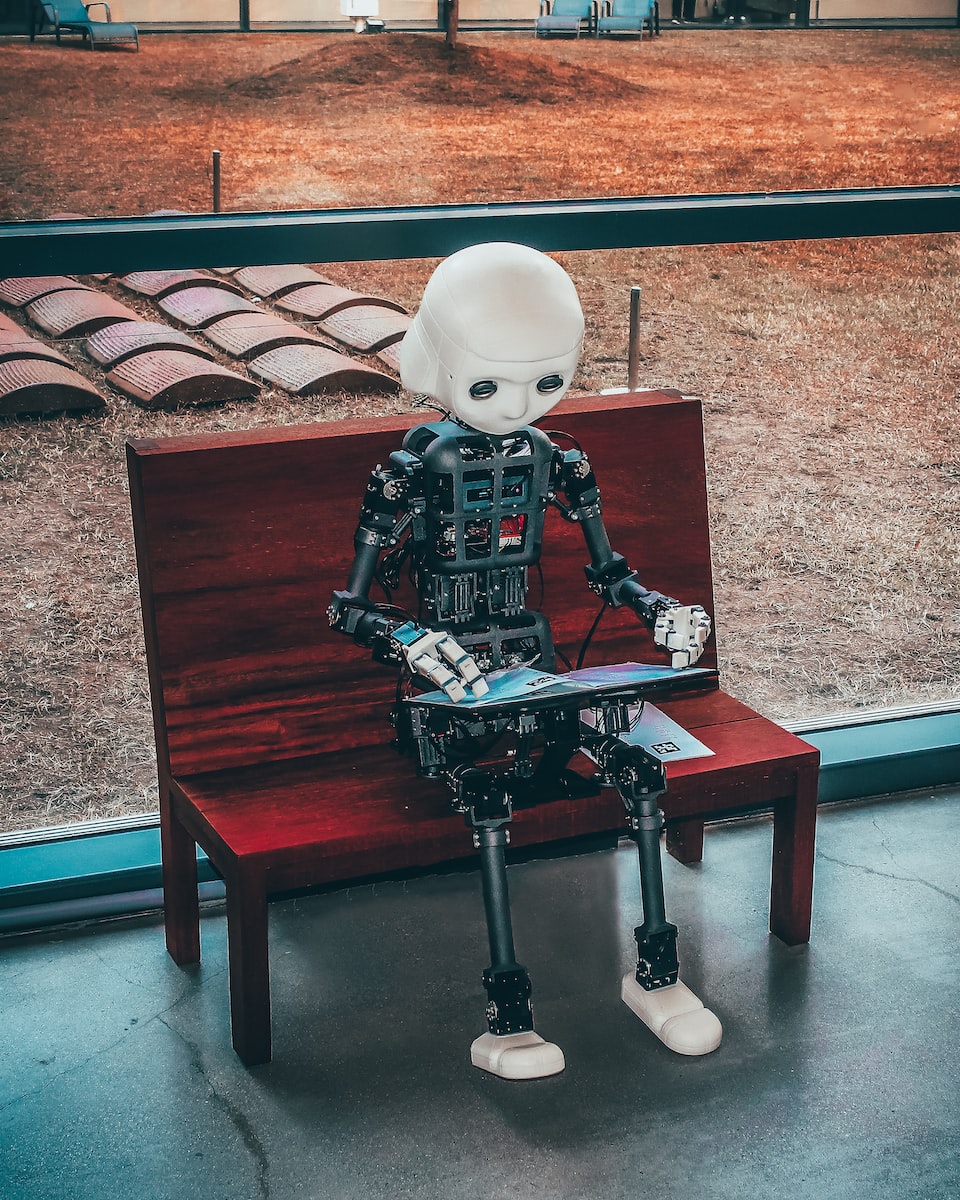Introduction to Bilingual Education in New Zealand
New Zealand is a diverse, multilingual nation home to people of various cultures, languages, and backgrounds. Bilingual education provides New Zealanders with the opportunity to learn and understand more than one language, allowing them to engage in both their native language and another language. This is especially important in a nation where many languages are spoken, encouraging linguistic and cultural diversity. Bilingual education can also strengthen students’ confidence and ultimately improve their academic performance. In this article, we will discuss the importance of bilingual education in New Zealand, its benefits, and the different ways it can be implemented in the classroom.
The Benefits of Bilingual Education
Bilingualism can have profound educational and personal benefits for New Zealanders. Learning a second language can increase problem-solving abilities, improve retention of information, and enhance communication skills. Bilingualism also provides people with a deeper understanding of their native language, as well as the language of their choice.
Moreover, bilingual education can foster a sense of belonging and acceptance by teaching students about different cultures, perspectives, and beliefs. It also encourages empathy and interpersonal skills and allows a variety of backgrounds and perspectives to be represented in classrooms.
The Different Types of Bilingual Education
There are several types of bilingual education available in New Zealand, all of which provide different benefits and challenges to both students and educators. The three main types of bilingual education are:
- Dual language education, which offers separate classes in English and the target language.
- Immersion, where instruction is provided in the target language and gradually transitions to English.
- Two-way immersion, which is a combination of both dual language and immersion.
The type of bilingual education chosen will depend on the educators, students, and school. For example, dual language education may be the best fit for a school where the majority of students speak the same language, while immersion may be the best option for a school with a diverse student body.
Implementing Bilingual Education in the Classroom
When it comes to implementing bilingual education, there are several strategies that can be used to ensure success. Encouraging active participation is key. Educators can create activities that foster collaboration and critical thinking, such as debates, role-playing, and group projects. In addition, educators should ensure that all students are given equal opportunities to use their language skills, while also encouraging them to also learn and understand their peers’ languages and cultures.
Technology can also be used to enhance the bilingual education experience. For example, educators can create videos and podcasts that can be used for instruction or for students to practice their language skills. Instructors can also use online translation tools, such as Google Translate and Bing Translator, to provide translations for unfamiliar words and phrases.
Lastly, it is important for educators to provide culturally relevant content and other materials that can be used to teach the target language. This will allow students to develop and use language skills in a meaningful and culturally appropriate way.
Conclusion
In conclusion, bilingual education is an important part of New Zealand’s educational system, as it provides students with the opportunity to learn more than one language, connect with different cultures, and develop a stronger understanding of their native language. It can also promote collaboration and critical thinking, while also providing students with enhanced academic performance.
By implementing strategies such as active participation, technology, and culturally relevant content, educators can ensure that students receive the most out of their bilingual education experience. With the right approach and dedication, bilingual education can be a valuable and rewarding experience for both students and educators.







































